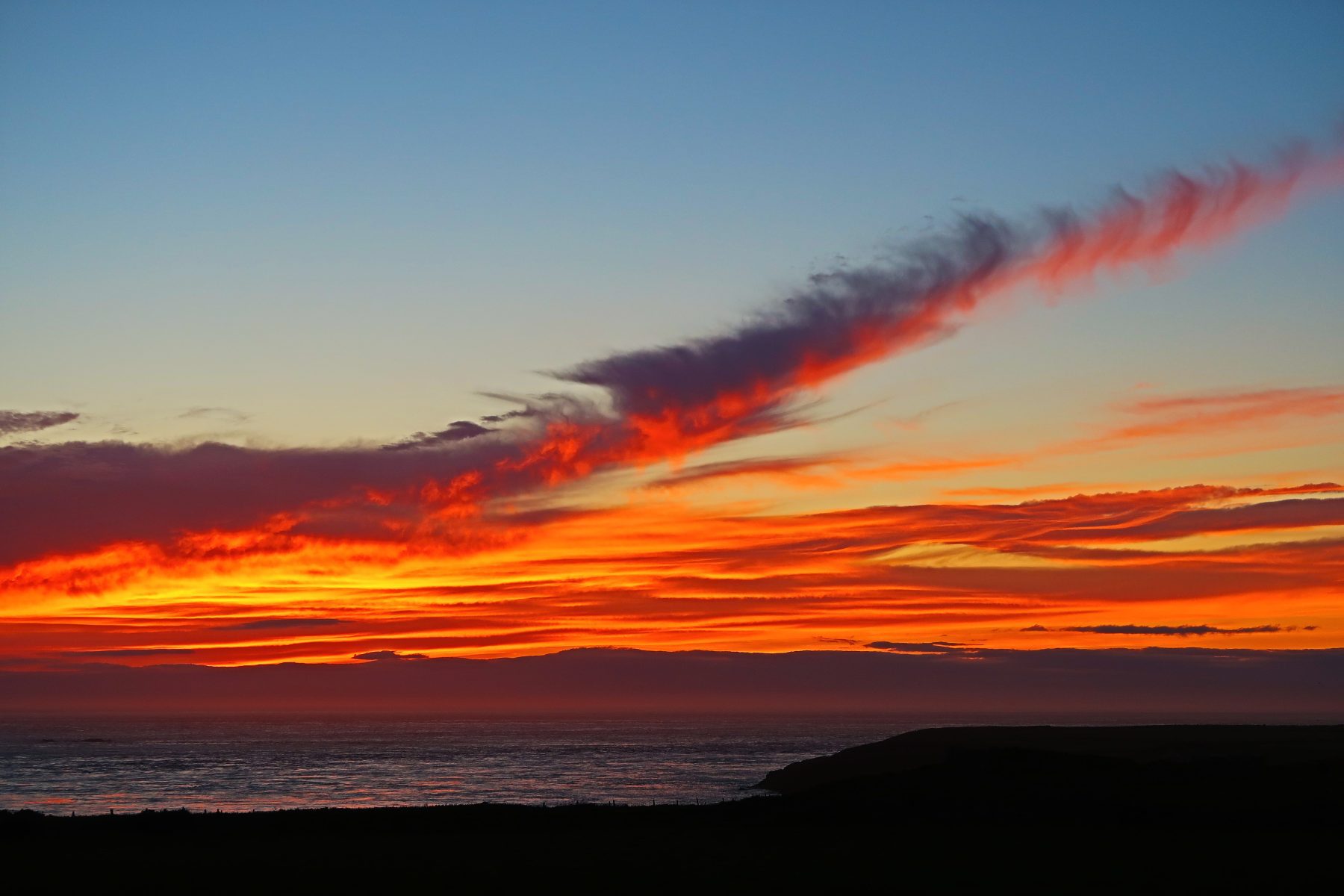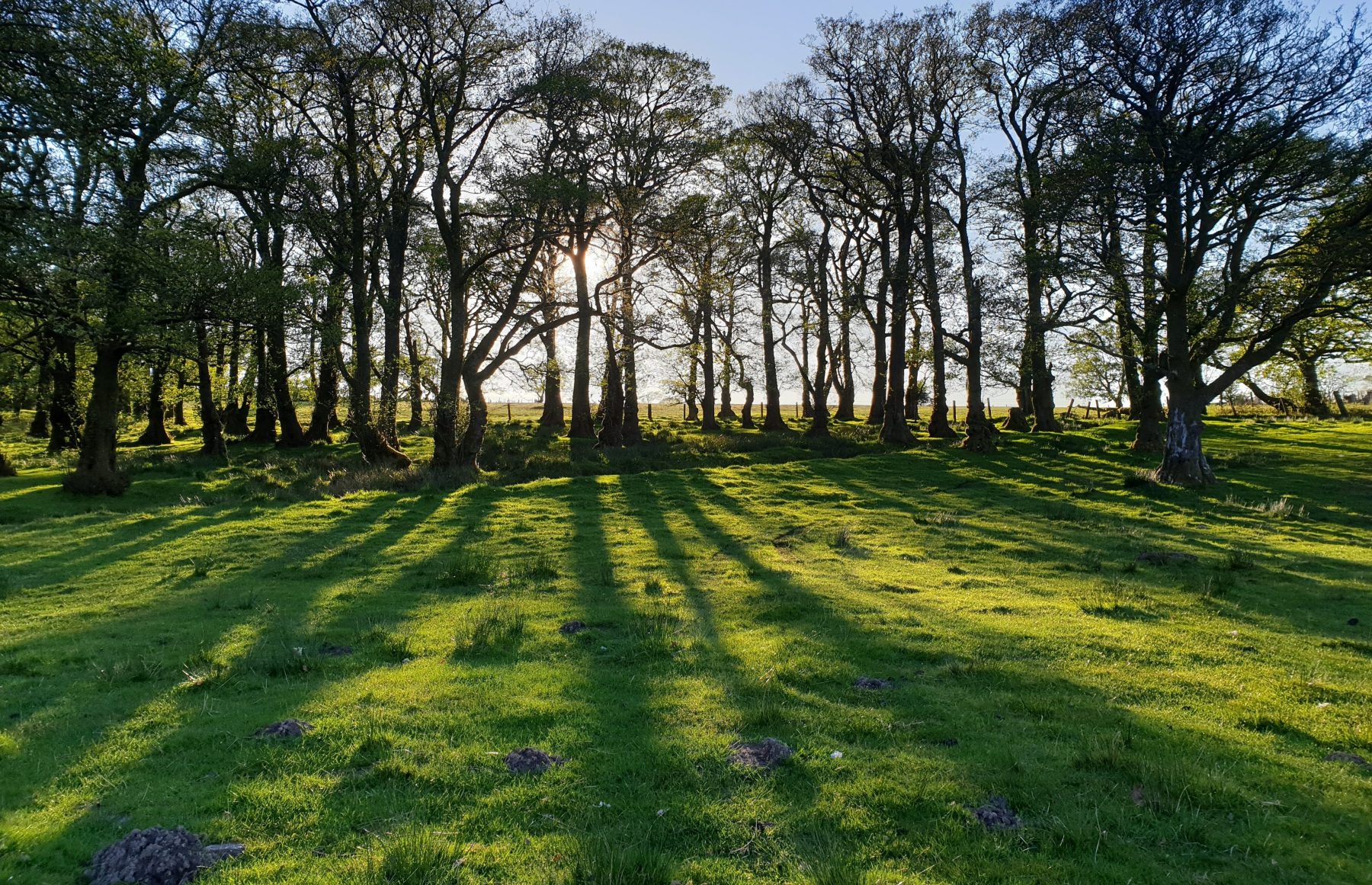[av_textblock size=” font_color=” color=” av-medium-font-size=” av-small-font-size=” av-mini-font-size=” av_uid=’av-k1vwe2ar’ custom_class=” admin_preview_bg=”]

Wildlife Behind Bars
Charlotte Murray
Charlotte is part of the marketing team at The Outward Bound Trust, working to provide access to the outdoors for disadvantaged young people. She has studied Environmental Management and Sustainability, stemming from a passion around ecology and conservation. Following university, Charlotte went on to work with Shropshire Wildlife Trust, where she undertook the project in a local prison. Initially the project was intended to survey the prison grounds and determine levels of biodiversity. Charlotte decided that by enlisting the help of prisoners, she could provide an enrichment activity and conduct the survey more efficiently. The identification sessions became regular and participants were surveyed to highlight the benefits to wellbeing
When we think of the current state of the natural world, we tend to think quite negatively of it with species in decline, damaging laws being passed, targets being missed, and so on. Though nature has a way of thriving in the most curious of places, whether you see it or not. Prison is not a place I imagined that I would have learned this lesson, and it taught me a few things about the value of nature.

I must admit, being fresh out of university I was relatively new to surveying so when I was asked to conduct an ecological survey of a local prison, it seemed like a mammoth task. Since there were plenty of spare hands in the garden and recycling department, it seemed sensible to recruit volunteers. There were mixed responses, most were not in the least bit interested in dipping ponds or rifling through my stacks of ID books. Some volunteered themselves and others were subject to the task. However once we got going, I was pleasantly surprised; I don’t know if you’ve ever watched a burly grown man peer into a vial of muddy water and become entranced by what they saw, but I was reminded of the child-like fascination of the natural world that so many of us will have experienced.
Over the next few months I would make routine visits, there were regular participants and others who reluctantly traipsed along. One willing volunteer was completely enamoured. He would happily sift through the leaves, collecting grasshoppers and beetles for me to identify. I imagined he would have felt at home in a nature reserve as he quickly named various plants whilst I was still searching the books. In the pond there were newts, and with some of the participants having never seen a newt before, they were equally as excited as I was.

My own experience with nature identification has been useful during times of stress as a form of mindfulness, of finding joy in the moment. I wondered then if it was having the same effect on the prisoners, and whether there were other activities which could elicit the same sorts of feelings in this environment. It was decided that I could survey the prisoners, a group of 30 men who worked within the gardens and recycling department and therefore spent a portion of their day outside, as well as a group who worked in the textiles department and did not spend much time outside. It was interesting to note the type of outdoor spaces accessed by the latter group which were considerably less green.
What I found was obvious. The vast majority agreed that green spaces reduced levels of stress and tension within the prison and within themselves. They believed that wildflowers had a positive impact on their mental well-being and they enjoyed seeing insects in the prison. While my survey was far from a piece of scientific research, the insight I gained simply from having conversations with these individuals was enough to present a case. The conversations I had with those in the gardens were easy and productive. On the other hand, when visiting the textiles department I was met with hostility and most were reluctant to take part. The respondents seemed distressed that I was even asking them about their outside access and it seemed clear that they had a desire to be able to access high quality green spaces but were denied the privilege.
The research I conducted around the topic showed me that often people don’t believe that prisoners should have such privileges. But the experience I had with the two groups were so contrasting that I do believe they were having a profound impact. I was left wondering whether having high quality green spaces in the prison and even the areas they grew up in, as well as the understanding that they hold great benefits might change their outlook somewhat. Everyone deserves to experience the benefits of nature and with those benefits, I genuinely believe the world would be a better place. It truly is a privilege, but really it should be a right.*
Contact us for support at info@beavertrust.org and visit www.beavertrust.org for more information and to arrange a trip to the Cornwall Beaver Project.
(*This blog has been written by independent writers outside of our organisation. Beaver Trust welcomes a breadth of opinions, and those expressed within this blog do not necessarily reflect those of the Beaver Trust.)


Charlotte Murray
Follow Charlotte here:
#beavers #beaverbelievers #beavolution
© Charlotte Murray 2021.
[/av_textblock]




